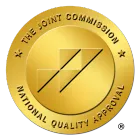.avif)
Understanding Early Recovery
Early recovery refers to the initial phase of the recovery journey, typically occurring in the first few months after overcoming addiction or starting a new path towards a healthier lifestyle. This period is crucial as individuals navigate the challenges and adjustments that come with transitioning into a life of sobriety or well-being.
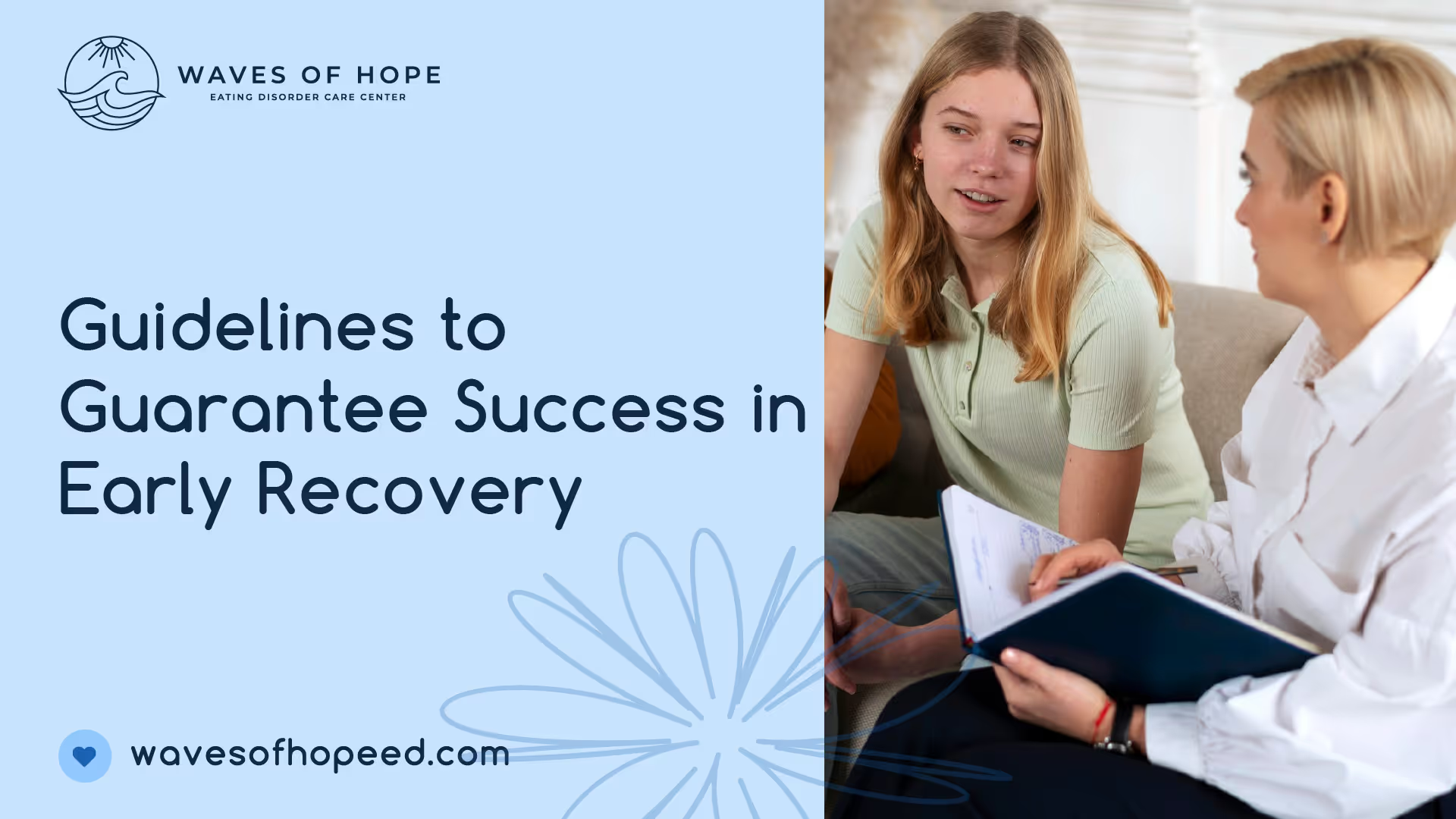
Definition of Early Recovery
Early recovery is a time of significant change and growth, characterized by a focus on abstaining from harmful behaviors, developing healthy coping mechanisms, and rebuilding a fulfilling life. It is a period of self-discovery, healing, and establishing a solid foundation for long-term recovery.
During early recovery, individuals often experience physical, emotional, and psychological challenges as they adapt to a new way of living. It is a time of vulnerability and transformation, as individuals work towards breaking free from the grip of addiction or making positive changes in their lives.
Importance of Establishing Guidelines
Establishing guidelines and structure during early recovery is crucial for ensuring a successful and sustainable journey. Guidelines serve as a roadmap, providing individuals with a clear direction and framework to navigate the complexities of early recovery. They act as a guiding light, helping individuals make informed decisions and stay on track towards their goals.
By setting guidelines, individuals can:
- Establish boundaries: Guidelines help individuals define what is acceptable and what is not, enabling them to set healthy boundaries in relationships, activities, and environments.
- Create accountability: Guidelines provide a sense of structure and accountability, helping individuals stay committed to their recovery plan and take responsibility for their actions.
- Foster self-discipline: Following guidelines requires self-discipline, which is an essential skill in early recovery. It helps individuals resist temptation, stay focused on their goals, and build a strong foundation for long-term success.
- Promote self-care: Guidelines often include self-care practices, such as prioritizing physical and emotional well-being. By incorporating self-care into daily routines, individuals can nurture their overall health and well-being, reducing the risk of relapse and improving their chances of long-term recovery.
Establishing guidelines is a personal process that may involve working with a healthcare professional, therapist, or support group. It is important for individuals to tailor their guidelines to their unique needs and circumstances, ensuring they align with their recovery goals and promote a healthy and fulfilling life.
In the next sections, we will explore specific strategies and practices that can help individuals set the foundation for success, implement healthy habits, manage triggers and temptations, seek professional guidance, and celebrate milestones and progress in early recovery.
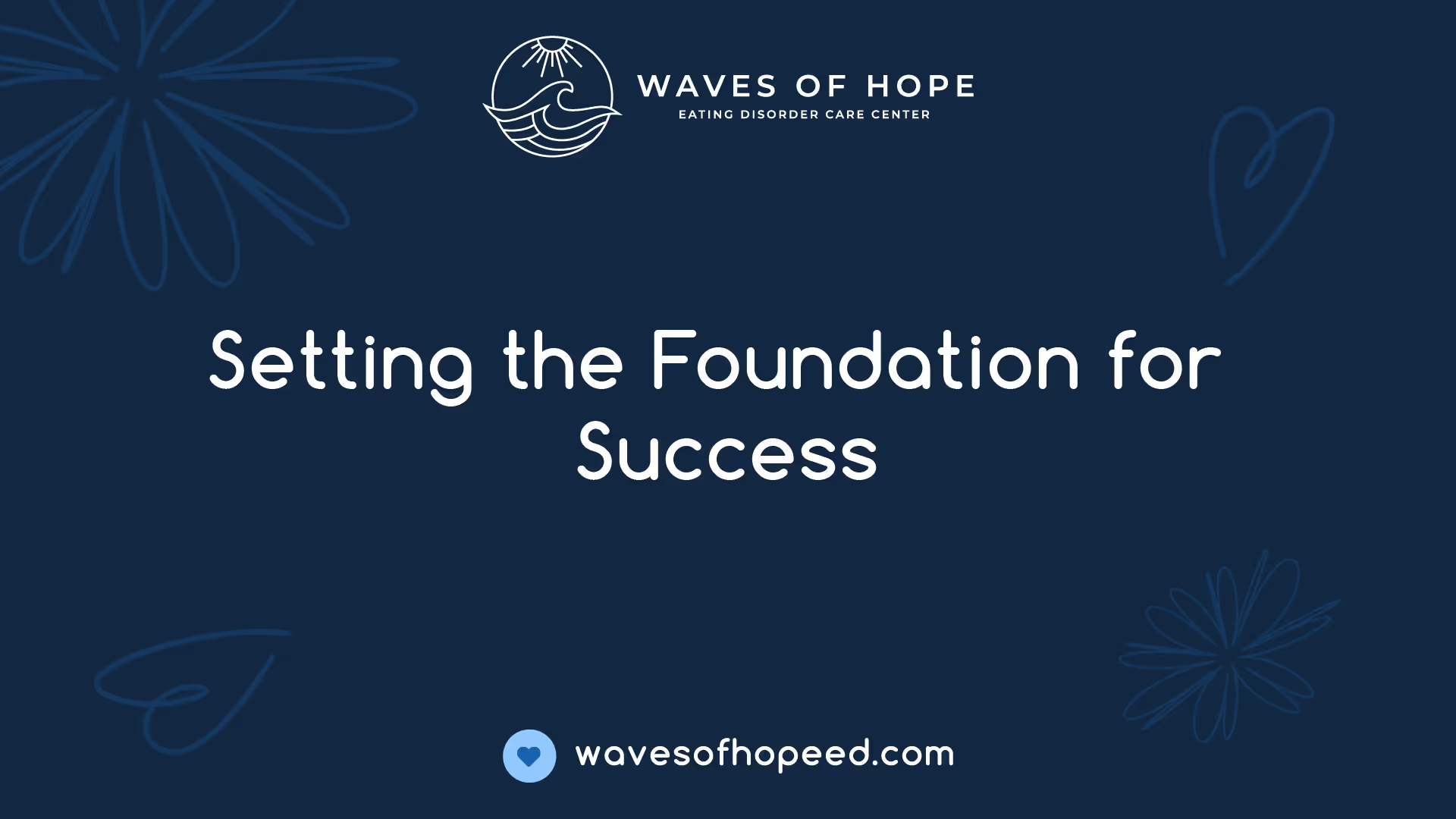
Setting the Foundation for Success
In the journey of early recovery, setting a strong foundation is crucial for long-term success. This section focuses on two key aspects: establishing clear goals and creating a support system.
Establishing Clear Goals
Setting clear and achievable goals is essential in early recovery. Goals provide a sense of direction, purpose, and motivation. They serve as a roadmap to guide individuals toward a successful recovery journey.
When setting goals, it's important to make them specific, measurable, attainable, relevant, and time-bound (SMART). This helps to increase accountability and track progress effectively. Here is an example of how a SMART goal can be formulated:
By setting a SMART goal like this, individuals have a clear objective and a defined timeframe to work towards. Regularly reassessing and adjusting goals as recovery progresses is also crucial for maintaining motivation and continued growth.
Creating a Support System
Building a strong support system is another vital component of early recovery. Having a network of individuals who understand and support the recovery journey can provide invaluable assistance and encouragement during challenging times.
A support system can include various people, such as family members, friends, mentors, or fellow individuals in recovery. The key is to surround oneself with individuals who are understanding, non-judgmental, and supportive of the recovery process.
In addition to personal relationships, support can also be found in professional resources such as therapists, counselors, or support groups. These resources offer guidance, tools, and a safe space to share experiences and challenges.
By creating a support system, individuals in early recovery can lean on others for encouragement, accountability, and advice. This network helps to reinforce positive behaviors, provide emotional support, and offer guidance on navigating the complexities of recovery.
Setting clear goals and establishing a robust support system are foundational steps in early recovery. These elements provide structure, motivation, and a sense of community throughout the recovery journey. Remember, each individual's recovery path is unique, and it's important to adapt these guidelines to suit personal needs and circumstances.
Implementing Healthy Habits
During the early stages of recovery, implementing healthy habits is crucial for long-term success. By prioritizing self-care and incorporating positive coping mechanisms, individuals can strengthen their foundation for a successful recovery journey.
Prioritizing Self-Care
Self-care plays a vital role in early recovery, as it helps individuals build a strong sense of self and promotes overall well-being. Here are some key aspects of self-care to prioritize:
- Physical Health: Engaging in regular physical activity, consuming a balanced diet, and getting sufficient sleep are essential for promoting physical health. By taking care of their bodies, individuals can enhance their energy levels and overall vitality.
- Emotional Well-being: Managing emotions is crucial during the early stages of recovery. Engaging in activities that promote emotional well-being, such as practicing mindfulness, journaling, or seeking therapy, can help individuals process their emotions in a healthy manner.
- Stress Management: Developing effective stress management techniques is vital for maintaining sobriety. Engaging in stress-reducing activities like yoga, meditation, or deep breathing exercises can provide individuals with valuable tools to manage stressors that may arise during their recovery journey.
Incorporating Positive Coping Mechanisms
In early recovery, it's important to replace negative coping mechanisms with positive alternatives that support sobriety. Here are some positive coping mechanisms to incorporate:
- Healthy Hobbies: Engaging in hobbies and activities that bring joy and fulfillment can help distract individuals from harmful triggers and temptations. Whether it's painting, playing a musical instrument, or participating in a sports activity, finding healthy outlets for self-expression can be incredibly beneficial.
- Supportive Relationships: Surrounding oneself with supportive and understanding individuals can make a significant difference in early recovery. Building a network of people who share similar goals and can provide encouragement and accountability is essential. This can be achieved through support groups, therapy, or by reaching out to friends and family who are supportive of the recovery process.
- Relaxation Techniques: Incorporating relaxation techniques into daily routines can help individuals manage stress and reduce the urge to turn to substances. Techniques such as deep breathing exercises, progressive muscle relaxation, or guided imagery can provide a sense of calm and promote a positive mindset.
By prioritizing self-care and incorporating positive coping mechanisms, individuals in early recovery can lay a solid foundation for their journey towards long-term success. It's important to remember that each person's recovery is unique, so finding the strategies and habits that work best for them is key.
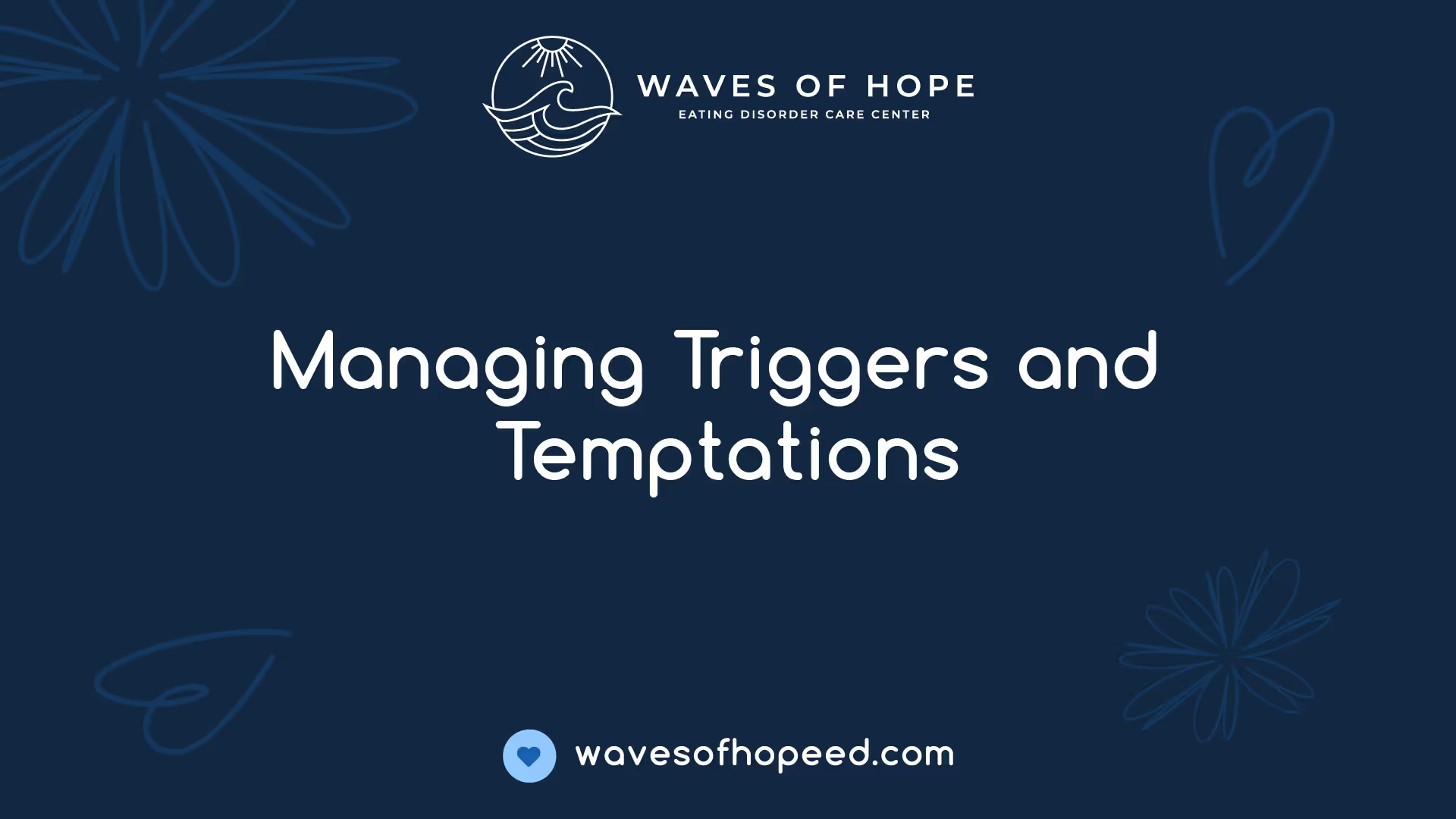
Managing Triggers and Temptations
Navigating through the early stages of recovery requires a proactive approach to managing triggers and temptations. By identifying personal triggers and implementing effective strategies, individuals can strengthen their commitment to long-term recovery.
Identifying Personal Triggers
Personal triggers are unique to each individual and can vary based on personal experiences, environments, and emotions. Identifying these triggers is a crucial step in avoiding potential setbacks and maintaining progress in early recovery. Here are some common triggers to be aware of:
By recognizing these triggers, individuals can develop personalized coping strategies to effectively manage them and prevent relapse.
Strategies to Overcome Temptations
Temptations can arise unexpectedly and pose challenges to early recovery. Implementing strategies to overcome these temptations can help individuals stay on track and maintain their commitment to sobriety. Here are some strategies to consider:
- Develop a support network: Surround yourself with individuals who support your recovery journey. This network can include friends, family members, or support groups who provide encouragement and accountability when faced with temptations.
- Practice healthy coping mechanisms: Find alternative ways to cope with stress, anxiety, or negative emotions. Engage in activities such as exercise, meditation, or hobbies that promote relaxation and a sense of well-being.
- Avoid high-risk situations: Minimize exposure to environments or social situations that may trigger cravings or temptations. This may involve distancing oneself from individuals who engage in substance use or avoiding places where substance use is prevalent.
- Develop a relapse prevention plan: Create a plan that outlines specific steps to take when faced with temptations or cravings. This plan may include reaching out to a sponsor, attending a support group meeting, or engaging in a favorite hobby to distract from cravings.
- Practice self-care: Prioritize self-care activities that promote physical, emotional, and mental well-being. This can include getting enough sleep, maintaining a balanced diet, and engaging in activities that bring joy and fulfillment.
- Seek professional help: If temptations become overwhelming or persistent, seeking professional guidance from therapists, counselors, or addiction specialists can provide valuable support and guidance.
By understanding personal triggers and implementing effective strategies, individuals can navigate the challenges of early recovery with resilience and determination. It's important to remember that recovery is a journey, and setbacks can happen. However, with the right tools and support, individuals can overcome temptations and continue on the path to long-term recovery.
Seeking Professional Guidance
Seeking professional guidance is an essential component of early recovery. Therapy and counseling options, as well as participation in support groups and utilizing available resources, can significantly contribute to a successful recovery journey.
Therapy and Counseling Options
Therapy and counseling play a pivotal role in early recovery by providing individuals with a supportive and confidential space to address underlying issues and develop effective coping strategies. Here are some therapy and counseling options commonly available:
Support Groups and Resources
Participating in support groups and utilizing available resources can provide individuals in early recovery with a sense of community, shared experiences, and valuable guidance. Here are some support group options and additional resources to consider:
By actively seeking professional guidance through therapy, counseling, and support groups, individuals in early recovery can benefit from the expertise of professionals and the wisdom of peers who have walked a similar path. These resources provide a strong foundation for continued growth, self-discovery, and long-term success in recovery.
Celebrating Milestones and Progress
As individuals navigate through the early stages of recovery, it is essential to acknowledge and celebrate the milestones and progress achieved along the way. Recognizing achievements not only boosts morale but also reinforces the commitment to long-term recovery. In this section, we will explore the importance of acknowledging achievements and staying committed to the journey of recovery.
Acknowledging Achievements
Acknowledging achievements, no matter how small, can have a significant impact on individuals in early recovery. It serves as a reminder of the progress made, motivating them to continue on the path to recovery. Celebrating milestones can be done in various ways, such as:
- Self-reflection: Take time to reflect on personal accomplishments and milestones reached. This can be done through journaling, meditation, or simply acknowledging the positive changes experienced.
- Sharing with others: Share achievements with a trusted support system, whether it be friends, family, or a support group. Their encouragement and validation can provide a sense of pride and motivation to keep moving forward.
- Rewards and treats: Treat yourself to something special as a reward for reaching a milestone. It could be a small indulgence like a favorite meal or engaging in an activity that brings joy and relaxation.
By acknowledging achievements, individuals in early recovery reinforce their belief in their ability to overcome challenges and stay committed to their recovery journey.
Staying Committed to Long-Term Recovery
While celebrating milestones is important, it is equally vital to stay committed to long-term recovery. Early recovery can be filled with ups and downs, and maintaining a strong commitment can help individuals navigate through challenging times. Here are some strategies to stay committed:
- Stick to a recovery plan: Establish a solid recovery plan with clear goals and strategies. Regularly review and adapt the plan as needed to ensure it remains relevant and effective.
- Engage in ongoing support: Continuously engage in support systems such as therapy, counseling, or support groups. These resources provide guidance, encouragement, and accountability throughout the recovery process.
- Practice self-care: Prioritize self-care activities that promote physical, emotional, and mental well-being. This may include exercise, healthy eating, sufficient sleep, and engaging in activities that bring joy and relaxation.
- Surround yourself with positivity: Surround yourself with positive influences and individuals who support your recovery journey. Avoid negative environments or people who may hinder progress.
Staying committed to long-term recovery requires dedication and perseverance. By maintaining focus on the ultimate goal of sustained recovery, individuals can overcome challenges and build a healthier, more fulfilling life.
Celebrating milestones and staying committed to long-term recovery go hand in hand. Acknowledging achievements boosts motivation, while a strong commitment ensures continued progress. By embracing these principles, individuals in early recovery can chart a course to success and achieve lasting transformation.
Sources
https://www.newhorizonscentersoh.org/guidelines-to-guarantee-success-in-early-recovery
https://www.mainspringrecovery.com/3-more-guidelines-to-guarantee-success-in-early-recovery
https://www.prescotthouse.com/guidelines-to-guarantee-success-in-early-recovery



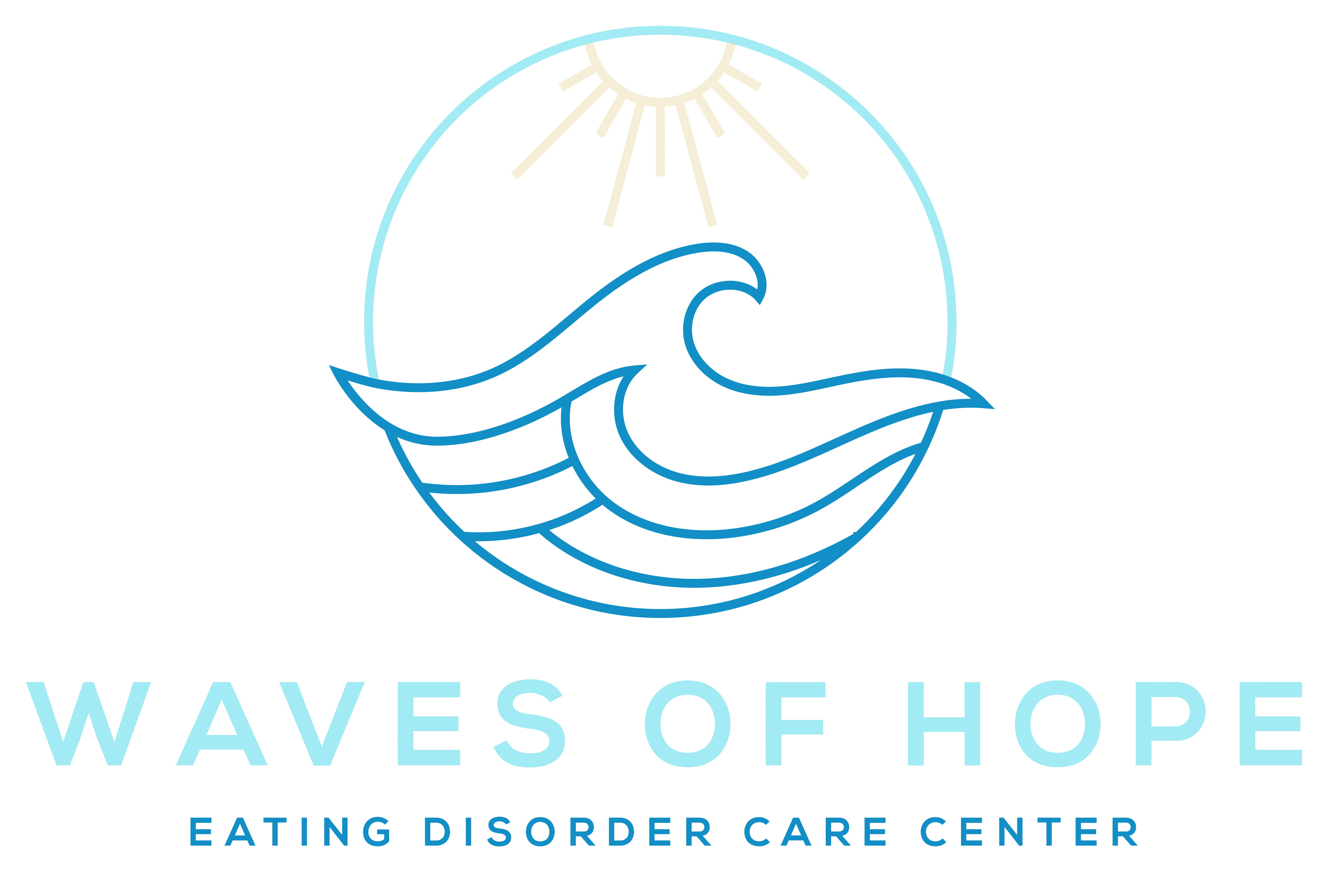
.svg)


















































.jpg)
.jpg)
.jpg)
.jpg)
.jpg)
.jpg)
.jpg)
.jpg)
.jpg)
.jpg)
.jpg)
.jpg)
.jpg)
.jpg)
.jpg)
.jpg)
.jpg)
.jpg)
.jpg)
.jpg)
.jpg)
.jpg)
.jpg)
.jpg)
.avif)
.avif)
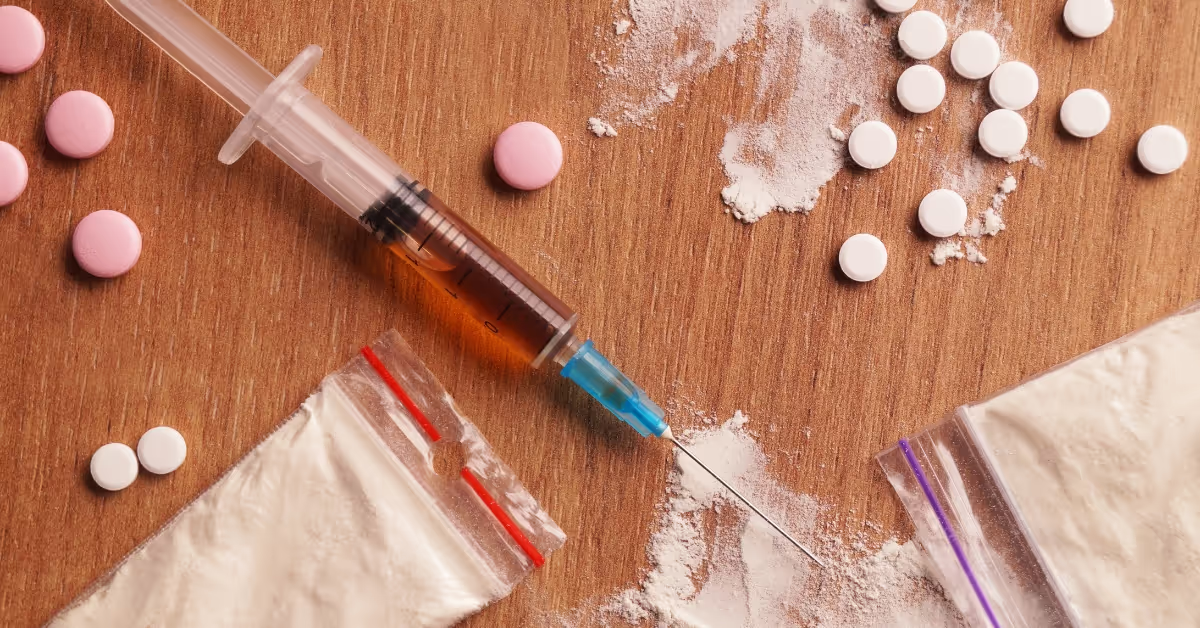
.avif)
.avif)
.avif)
.avif)
.avif)
.avif)
.avif)
.avif)
.avif)
.avif)
.avif)
.avif)
.avif)
.avif)
.avif)
.avif)
.jpg)
.avif)
.avif)
.avif)
.avif)
.avif)

.avif)
